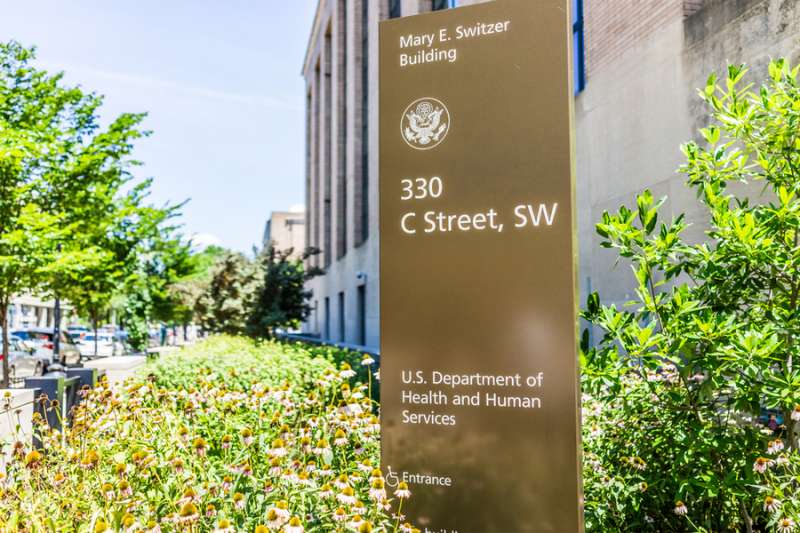The Department of Health and Human Services has released a new rule allowing medical professionals to refuse to take part in procedures because of their religious or conscientious objections. The rule covers controversial services like abortion and sterilization.
The HHS rule, announced May 2, has been in development for more than a year. It will strengthen a series of Congressional laws intended to protect the conscience rights of doctors and nurses. Under the rule, medical providers may opt of direct participation, as well as having to refer patients to other providers who will perform the procedures.
Enforcement of the rule will fall under the department’s Office of Human Rights and come into effect two months from publication in the Federal Register.
The new rule was first announced last year, following the creation by HHS of a new Conscience and Religious Freedom Division within the Office of Human Rights. Creation of the division included a mechanism for medical workers to complain directly to the department about cases of discrimination or forced participation based on religious beliefs or conscience objections.
A statement released by the department said that it had received more than 240,000 submissions during the consultation period, and that the new rule would replace previous 2011 regulations which have proven “inadequate.”
The director of the Conscience and Religious Freedom Division, Roger Severino, said in a statement that the rule “ensures that healthcare entities and professionals won’t be bullied out of the health care field because they decline to participate in actions that violate their conscience, including the taking of human life.”
“Protecting conscience and religious freedom not only fosters greater diversity in healthcare, it’s the law,” Severino said. “Finally, laws prohibiting government funded discrimination against conscience and religious freedom will be enforced like every other civil rights law.”
Abortion activists have said that the new rule will severely curtail access to such procedures in rural and other communities.
Louise Melling, deputy legal director at the American Civil Liberties Union, released a statement calling the Trump Administration “determined to use religious liberty to harm communities it deems less worthy of equal treatment under the law.”
The text of the rule acknowledges that several submissions were made during consultation regarding the possible limitation on access to abortion and sterilization procedures in some communities, saying these submissions proved the inadequacy of previous conscience protections.
“The Department observed that it was contradictory to argue, as many commenters did, both that the rule would decrease access to care and that the then‚Äêcurrent conscience protections for providers were sufficient,” the text of the rule reads.
“If the Department’s new rule would decrease access to care because of an increase in providers’ exercise of conscientious objections, it would seem that the statutory protections that existed before the regulation did not result in providers fully exercising their consciences as protected by law.”

